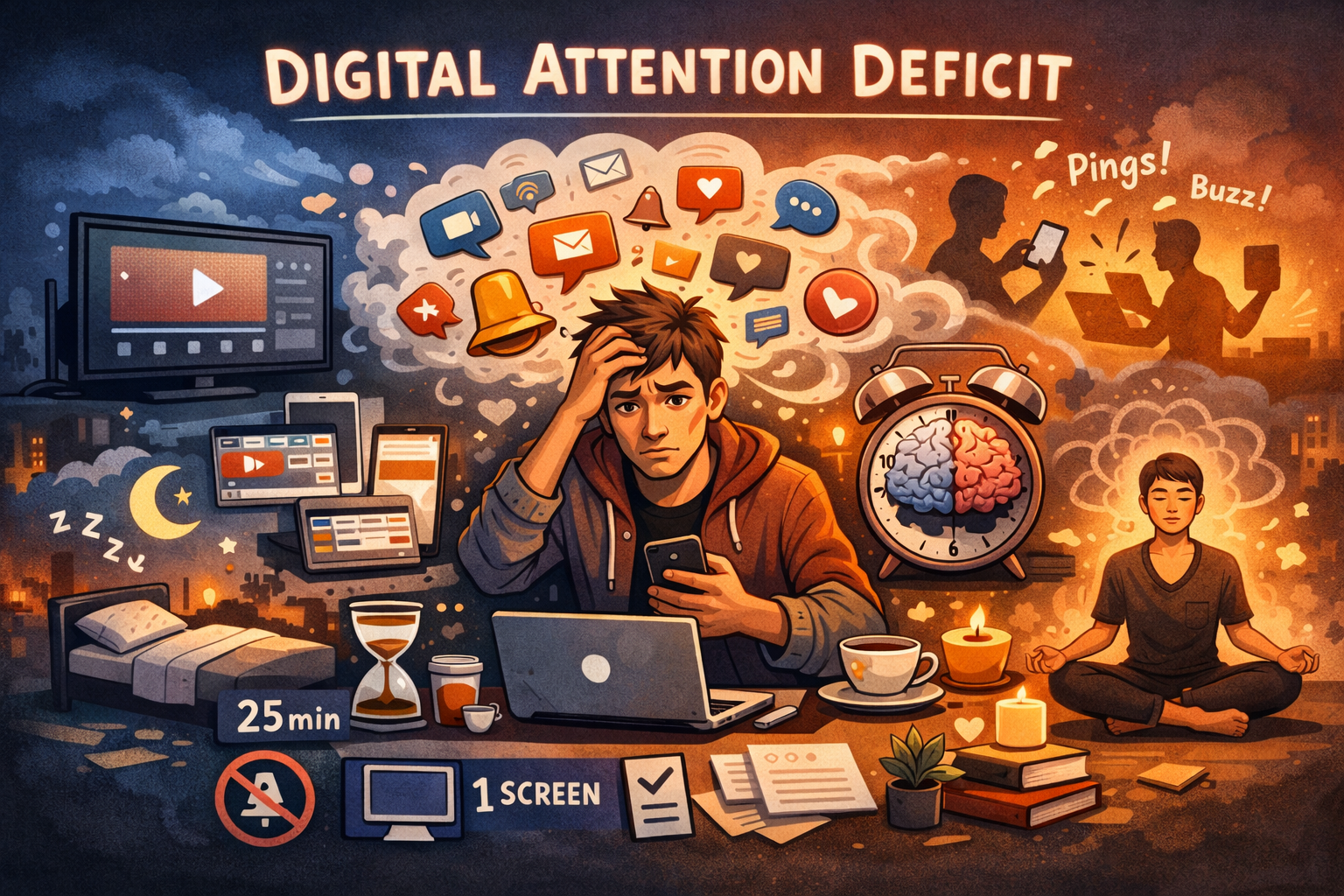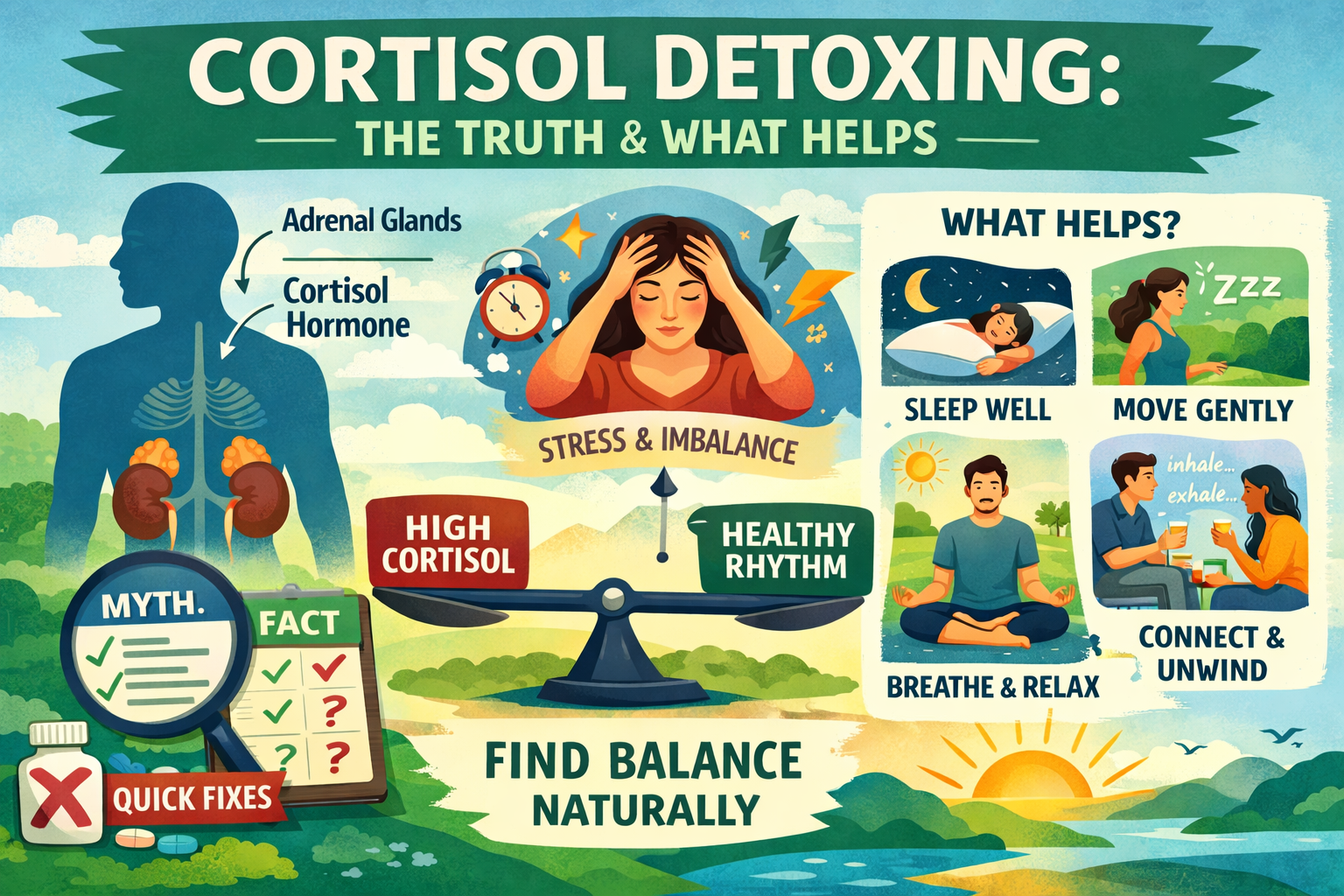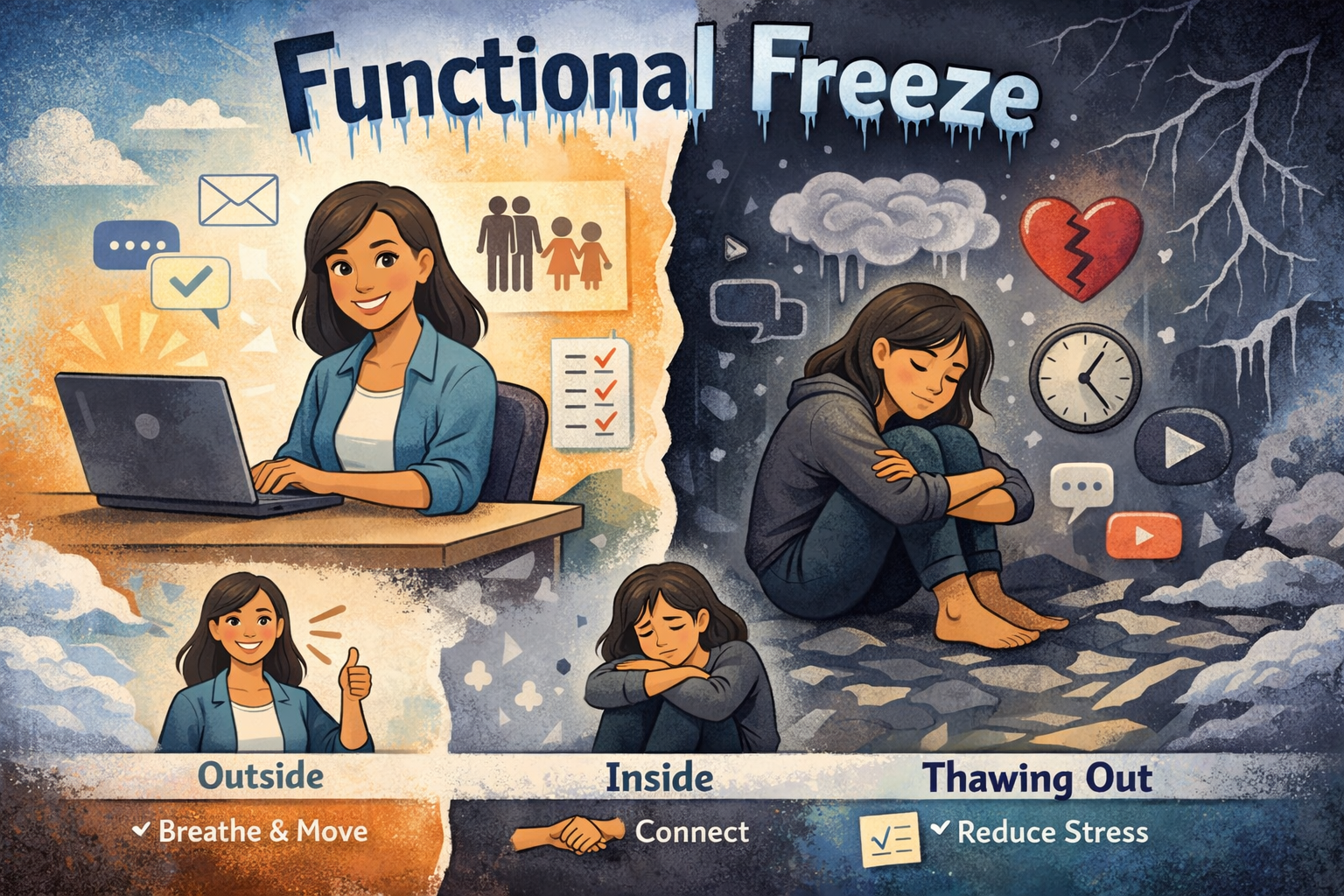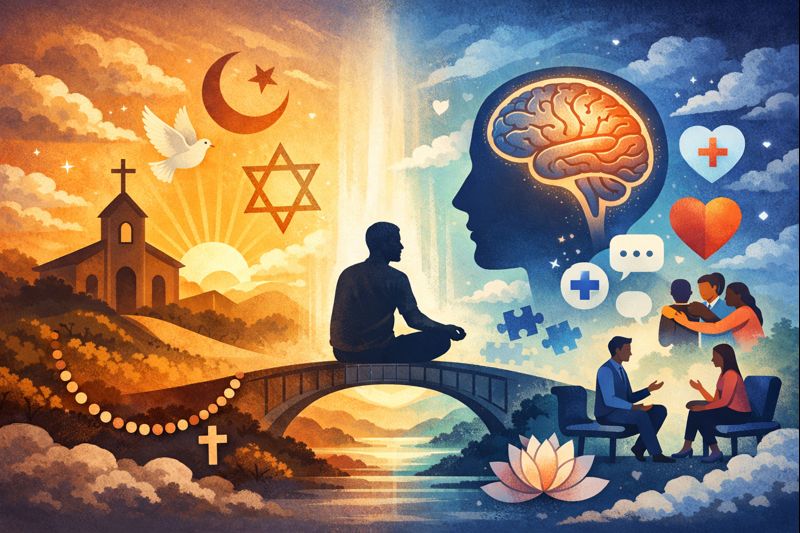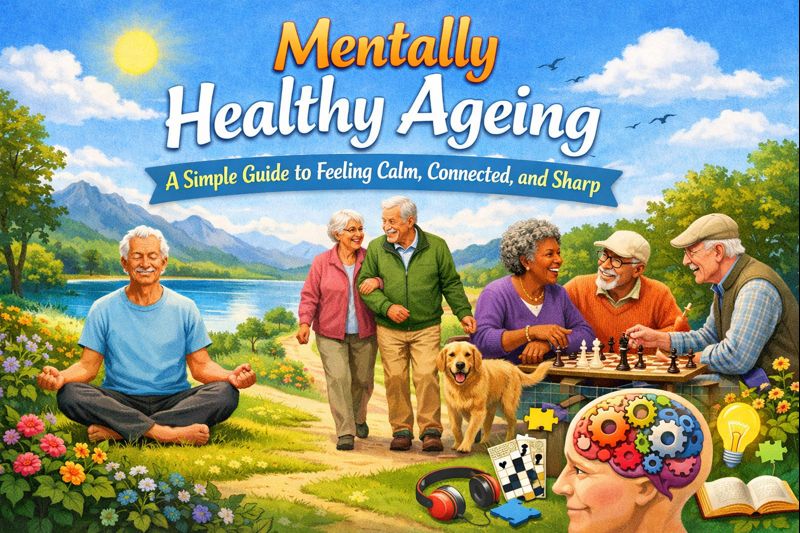Everybody is running around like headless chickens in the fast-paced world of modern age. We now live with greater tension, mental stress, and anxiety on a daily basis. However, our ancestors and spiritual traditions were well aware of a simple and easy to practice the remedy of meditation.
Meditation: A Simple Yet Powerful Practice
"Meditation is not a way of making your mind quiet. It is a way of entering into the quiet that is already there, buried under the 50,000 thoughts the average person thinks every day," says Deepak Chopra, the wellness guru who has brought meditation to millions.
Think of meditation as a gym for your mind. When we exercise, our mind needs regular mental exercise too. It's indeed a very simple science. We need to sit quietly, focus on our breath, and let our thoughts pass like clouds in the sky.
Also Read: Beginner’s Guide to Meditation: Simple Steps for Improved Mental Well-being
Scientific Evidence Supporting Meditation
Expert Opinions on Meditation
A well-known psychiatrist in Mumbai, Dr Rajesh Kumar, says: "I have seen remarkable changes in my patients who practice meditation regularly. From better sleep to reduced anxiety, the benefits are many."
The best part of meditation lies in its simplicity. We do not require any sophisticated or costly gazettes or equipment. Just a quiet corner and 15 minutes of time is sufficient to start practicing
"When you meditate, you are better than your circumstances. You don't have to stop thinking, you just have to stop letting your thoughts push you around," shares Mingyur Rinpoche, the famous Buddhist teacher
Research Studies on Meditation
But don't just take their word for it. Science backs up what yogis have been saying for thousands of years. A groundbreaking study by researchers at AIIMS Delhi found that people who meditated for just 8 weeks showed significant reduction in blood pressure and stress hormones.
Another research published in the Journal of Clinical Psychology studied 200 IT professionals in Bangalore. The results were eye-opening. Those who meditated for 20 minutes daily showed 40% better stress management and 35% higher productivity compared to those who didn't.
"In meditation, your greatest ally is your breath. When mind wanders, come back to your breath. It's that simple," says Sister Shivani, whose practical approach to meditation has touched millions of lives.
How to Start Meditation Today
The best part? You can start small. Even 5 minutes daily can make a difference. Many corporate offices in India now have meditation rooms. Schools are increasingly introducing meditation in their daily routines. It's becoming as normal among wider segment of population as having a morning tea.
A recent study by NIMHANS Bangalore revealed something very interesting. They established that practicing meditation on regular basis can actually change our brain structure. The brain parts responsible for attention, emotional regulation, and resilience showed increased activity and density.
Benefits of Meditation (Backed by Research)
Here is what latest medical research establishes about meditation's benefits:
-
Reduces anxiety and depression symptoms by 28% (Indian Journal of Psychiatry, 2023)
- Improves sleep quality by 42% (AIIMS Research Paper, 2022)
- Boosts immune system function by 15% (Medical Journal of India, 2023)
- Decreases workplace stress by 32% (Corporate Wellness Study, Mumbai, 2023)
Meditation vs. Mindfulness: Understanding the Difference
Starting is simple. Find a quiet spot. Sit comfortably. Close your eyes. Focus on your breath. When thoughts come (they will!), just observe them like you're watching traffic on a busy road. Don't judge, don't analyze. Just watch and return to your breath.
Many beginners think they're "bad" at meditation because their mind wanders. But that's perfectly normal! Even experienced meditators have wandering minds. The magic lies in gently bringing your attention back, again and again.
We need to remember; meditation is not about achieving an empty mind without thoughts. It is simply achieving greater awareness. It's about developing emotional resilience. It's about finding tranquillity and inner peace in the amidst of chaos.
Mindfulness in Everyday Life
Here, special attention may be paid to mindfulness, which is closely related to meditation. Mindfulness is about remaining aware or conscious in our routine moments and situations, whereas meditation is about going deep into the ocean of consciousness. It's about enjoying your morning chai rather than consuming it all at once. It involves paying close attention to your child's story rather than browsing through your phone.
Dr. Priya Sharma, 'mindfulness' researcher at IIT Delhi, writes: "In our research, we found that people practicing mindfulness showed remarkable improvement in work-life balance and reported 45% better relationships with family members."
We can practice mindfulness anywhere, anytime. Whether we are stuck in traffic, standing in a long queue somewhere or getting bored as nothing better to do, we can instead choose to focus on the breath. Observe the surroundings, mindfully and without judgment. These moments of mindfulness can gradually create a more balanced, peaceful life.
Meditation: Rooted in Indian Culture
In our Indian context, meditation isn't just a stress-management tool. It's part of our ancient culture. It is in DNA. From ancient rishis and ‘munis’ to present-day professionals, meditation has been the secret weapon for maintaining mental equilibrium.
Start your journey today. Your future self will thank you for it.
Conclusion
Daily inclusion of meditation practice leads people towards improved mental and wellness. visit our wellness centre in Delhi, or you can consult with our expert online to explore customised meditation and mindfulness programs designed to support your mental well-being. Helping to reduce stress, improve focus, and build emotional resilience, meditation is a powerful practice enhancing mental health and wellness therapy.
Are you looking for inner peace, deep relaxation or holistic solutions for mental health? Visit http://themindtherapy.in - your space for online counselling/therapy, free mental health tests, meditation, sound therapy etc.
Mind Therapy is India's trusted platform for mental health, mindfulness, and holistic healing. Explore expert-led programs, guided meditation, sound therapy and counselling at http://themindtherapy.in



